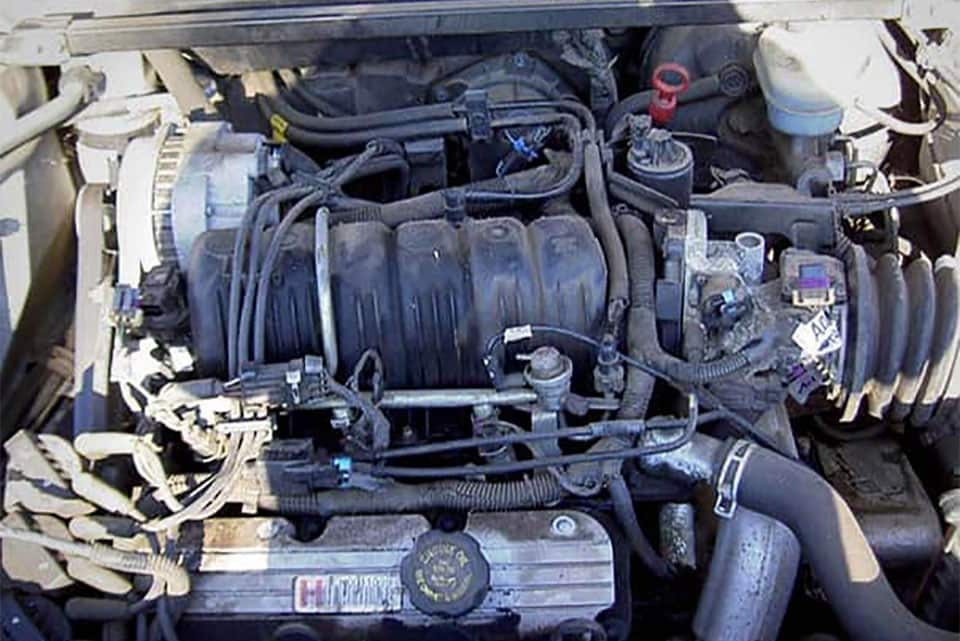Did Dex-Cool Bust My Buick's Intake Manifold And Cause Coolant Leaks?
- The DexCool coolant in certain Buick vehicles causes the intake manifold gasket to wear out, allowing leaks.
- Replacing the intake manifold is labor intensive and costs upwards of $1,000.
- The push for a national class-action was shot down by a judge in 2007.

This post originally appeared on chevroletproblems.com
Leaking coolant from a cracked intake manifold gasket is an extremely common problem on most GM vehicles made from the late 90s to the mid–2000s. Most experts agree that the problem stems from GM’s “DexCool” coolant, which reacts with the intake manifold gasket, causing it to leak coolant.
Dex-Cool's Effect on the Intake Manifold Gasket ∞
Dex-Cool is a type of coolant that many Buick owners claim is corrosive and eats up critical engine parts like the heater core, radiator and water pump.
Replacing the intake manifold gasket usually costs between $700 - $1,000, mostly labor. GM has updated the material used in the intake manifold gasket so that it doesn’t react with the Dex-Cool coolant as fast as the original gasket material. Currently there is no recall for the intake gasket, because it is not a safety issue (at least according to the National Highway Traffic Safety Administration (NHTSA).
Federal Judge Rejects Dex-Cool Class Action Lawsuit ∞
The push for a national class action lawsuit against GM for problems related to their Dex-Cool coolant suffered a setback in 2007, when a U.S. federal judge ruled that national class action status would be too complicated.
U.S. District Court Judge G. Patrick Murphy rejected the Dex-Cool class action by ruling that the magnitude of the class action, combined with the wide array of state laws involved, would make it impossible to cover all claims under one national class action. The decision can be appealed, but GM vehicle owners may ultimately be forced to pursue claims either in statewide class actions or as individual cases against General Motors.
Generations Where This Problem Has Been Reported
This problem has popped up in the following Buick generations.
Most years within a generation share the same parts and manufacturing process. You can also expect them to share the same problems. So while it may not be a problem in every year yet, it's worth looking out for.
5th Generation Century
- Years
- 1982–1996
- Reliability
- 7th out of 22
- PainRank™
- 0.95
- Complaints
- 38
6th Generation Century
- Years
- 1997–2005
- Reliability
- 15th out of 22
- PainRank™
- 7.08
- Complaints
- 294
8th Generation LeSabre
- Years
- 1999–2005
- Reliability
- 20th out of 22
- PainRank™
- 11.01
- Complaints
- 496
4th Generation Regal
- Years
- 1997–2008
- Reliability
- 13th out of 22
- PainRank™
- 3.44
- Complaints
- 125
6th Generation Skylark
- Years
- 1992–1998
- Reliability
- 4th out of 22
- PainRank™
- 0.88
- Complaints
- 22